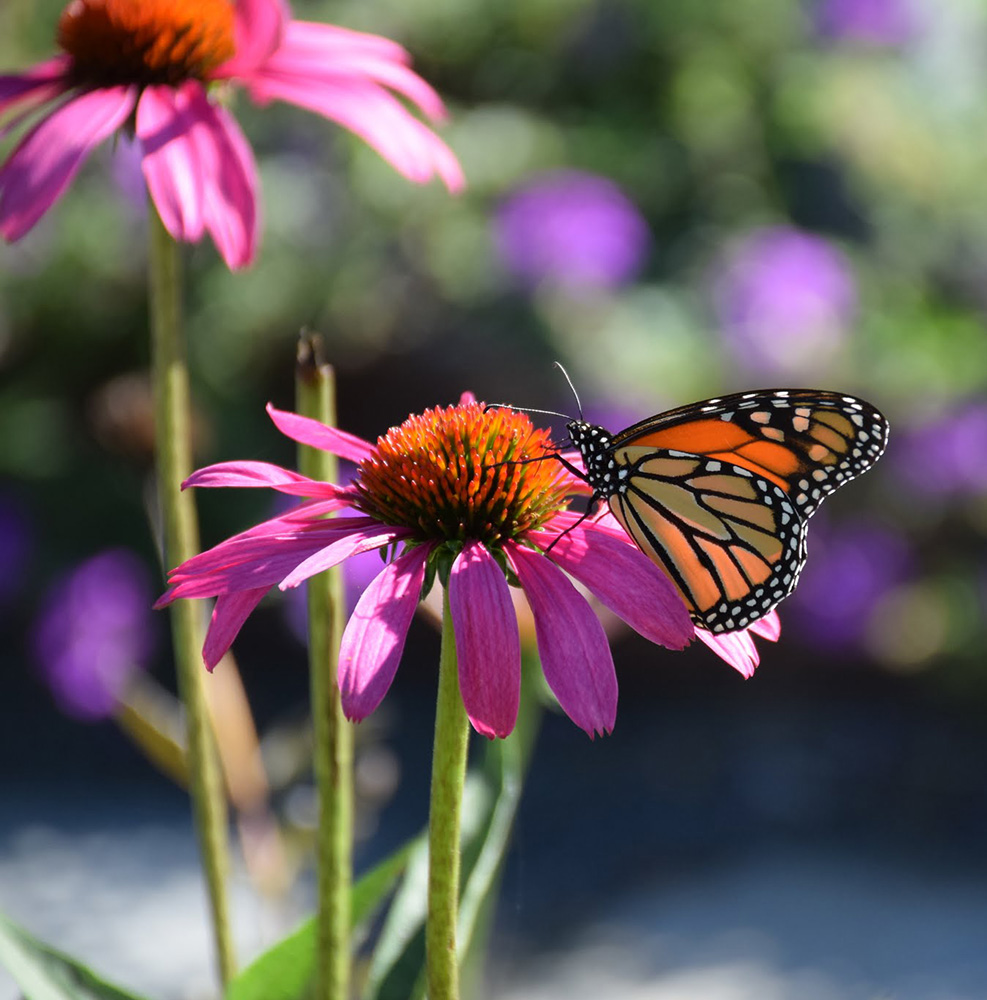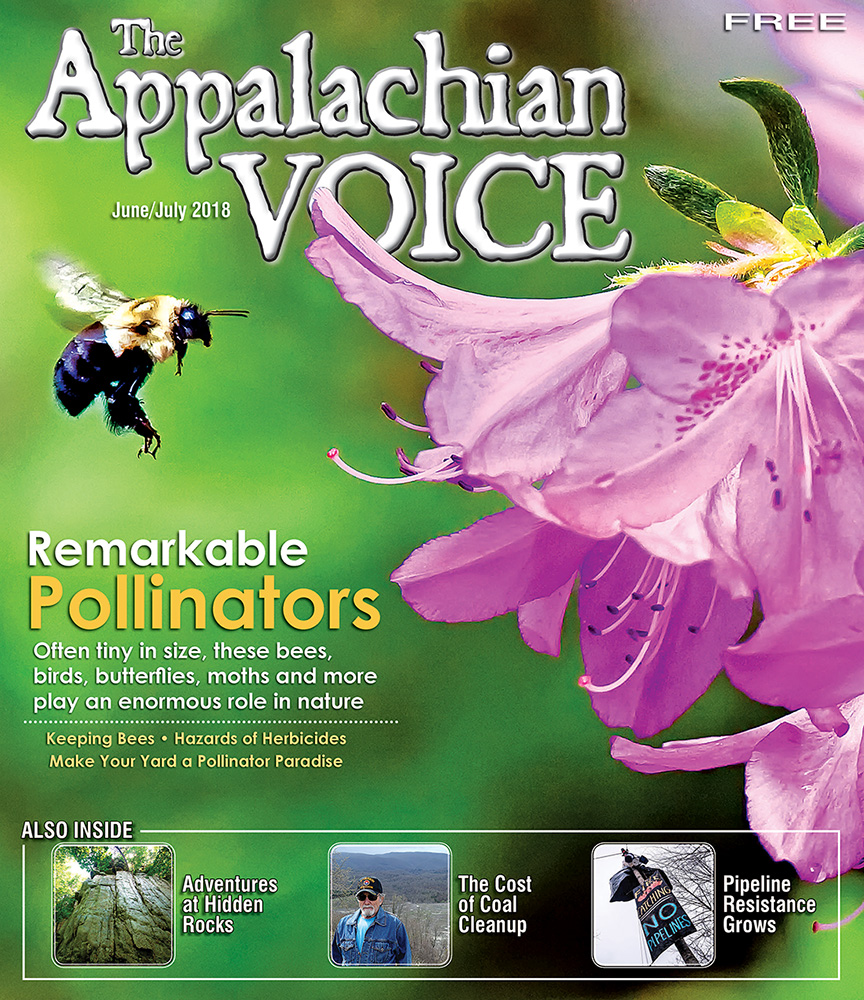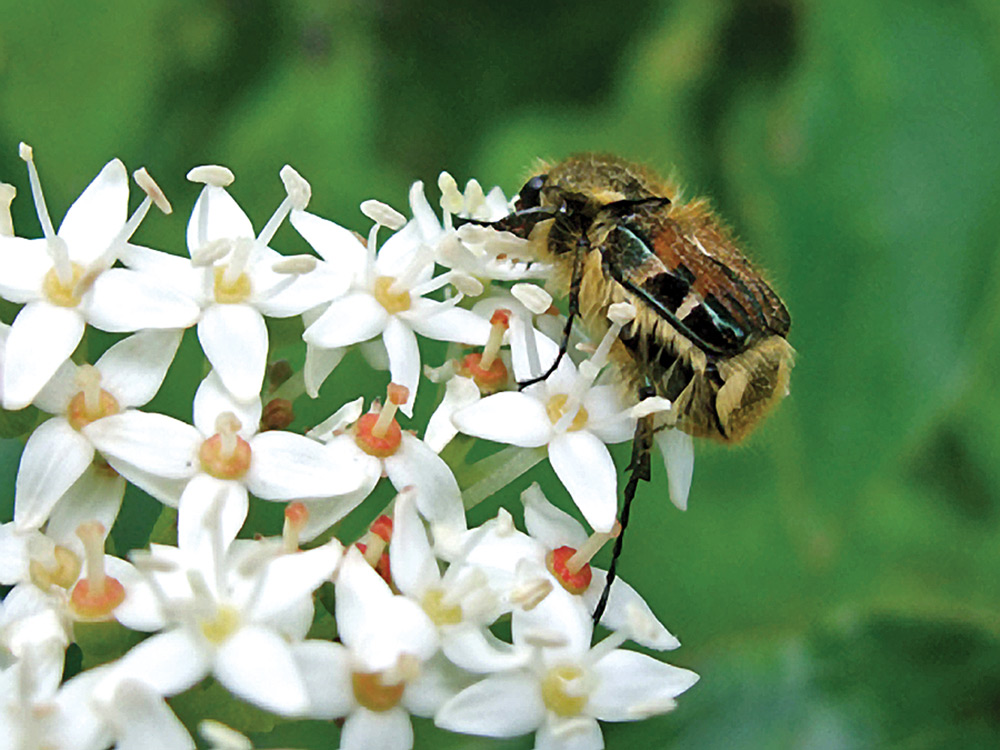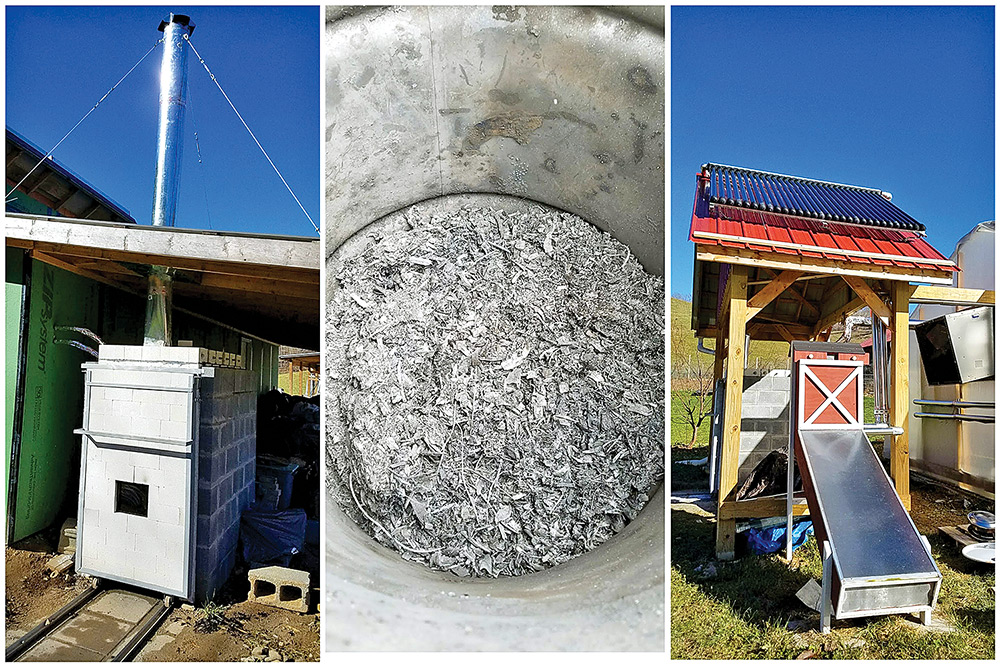June/July 2018
Most of the world’s flowering plants, including fruits and vegetables, rely on pollinators like birds, bees and butterflies to reproduce. But while these pollinators are a vital link in the natural world, they are also increasingly at risk.
Meet some of Appalachia’s pollinator species and learn what residents and beekeepers can do — and are already doing — to help them thrive.
Across the region, many communities continue to face threats from fossil fuels. This issue examines the EPA’s efforts to deregulate coal ash and how residents in the path of new fracked-gas pipelines are fighting back. We also survey the state of coal mining under President Trump and explore how coal companies are avoiding paying for mine land reclamation.
Remarkable Pollinators
Often tiny in size, these bees, birds, butterflies, moths and more play an enormous role in nature
- Remarkable Pollinators: An introduction
- Meet Appalachia’s Pollinators
- A Backyard Pollinator’s Paradise
- Keeping Bees: Protecting America’s Predominant Pollinator
- Hazardous Spray: Working with Electric Co-ops to Protect Bees from Herbicides
- Book Review: Our Native Bees
- Celebrate Moths with National Moth Week


Coal Cleanup in Appalachia
The struggle to ensure coal companies properly restore disturbed land on former coal mines without pushing the cost onto communities continues, while a clear connection between the coal company and the current administration becomes more clear.
Other Top Stories From June/July 2018
Pipeline Resistance Grows on Multiple Fronts
Tree-sits, legal battles and more have sprung up in response to the natural gas pipelines being proposed and built across the region.
One Neighborhood’s Fight for Representation
How the predominately African-American neighborhood of Walnut Tree in Stokes County, N.C., won clean water and local voting rights.
Environmental Protection Agency Aims to Deregulate Coal Ash
The Trump administration’s proposal to roll back federal coal ash safeguards gives more leeway to states — and advocates worry that would put drinking water at risk.
June/July 2018 - Columns
Adventures Await at Hidden Rocks
Breathtaking vistas for hikers and a variety of routes for climbers at Virginia’s Hidden Rocks.
Meet Appalachia’s Pollinators
Buzzing bees, hummingbirds, butterflies and more help keep Appalachia’s flora in bloom.
An Innovative Biochar System
The Nexus biochar system boosts soil health while sequestering carbon and saving energy and money for local farmers.
 Politics
Politics
Environmental Votetracker — June/July 2018 issue
Chart showing how Appalachian legislators voted on recent environmental legislation.









